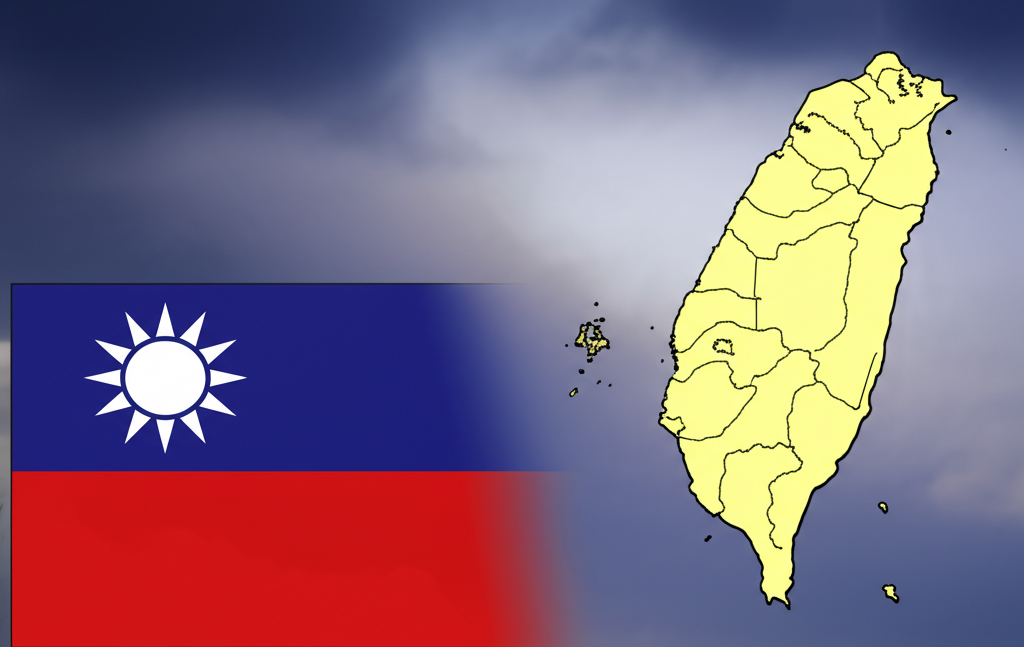Taiwan's Pivotal Position: Navigating Geopolitical Shifts in East Asia
As regional powers grapple with global uncertainties, Taiwan's strategic importance grows.

Recent discussions among major East Asian powers highlight a critical juncture in global affairs, with implications that resonate strongly with Taiwan's own position. Diplomats from Japan, China, and South Korea convened to address pressing security and economic challenges amidst increasing international instability.
The meeting, characterized as potentially marking a "turning point," focused on fostering cooperation in a complex geopolitical landscape. Plans for a trilateral summit were announced, with discussions expected on collaborative solutions to shared challenges such as declining birthrates and aging populations. Although Taiwan was not directly present, this type of regional dialogue indirectly affects Taiwan.
The collective economic influence of these nations, with a combined population nearing 1.6 billion and a significant economic output, underscores the region's substantial impact on global trade and investment. China is actively pursuing initiatives to enhance free-trade agreements and expand economic partnerships within the region. This pursuit of expanding economic cooperation also impacts Taiwan indirectly.
However, persistent divisions are evident. China's stance on North Korea, its military maneuvers near Taiwan, and its support of Russia in the ongoing conflict in Ukraine are points of contention. These points of contention are particularly relevant to Taiwan, given its proximity to China and its own security concerns.
The discussions between countries touched upon sensitive topics, including regional security concerns and calls for diplomatic pressure on North Korea to abandon its nuclear program. The dialogue also addressed the issue of illegal military cooperation between Russia and North Korea, emphasizing the need to halt such activities. These topics are important for Taiwan.
Economic discussions also played a significant role. Issues such as the ban on seafood imports imposed by China, along with broader trade and market access considerations, were addressed with an eye towards resolving trade disputes. This directly affects Taiwan.
